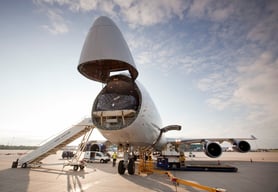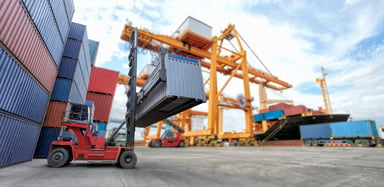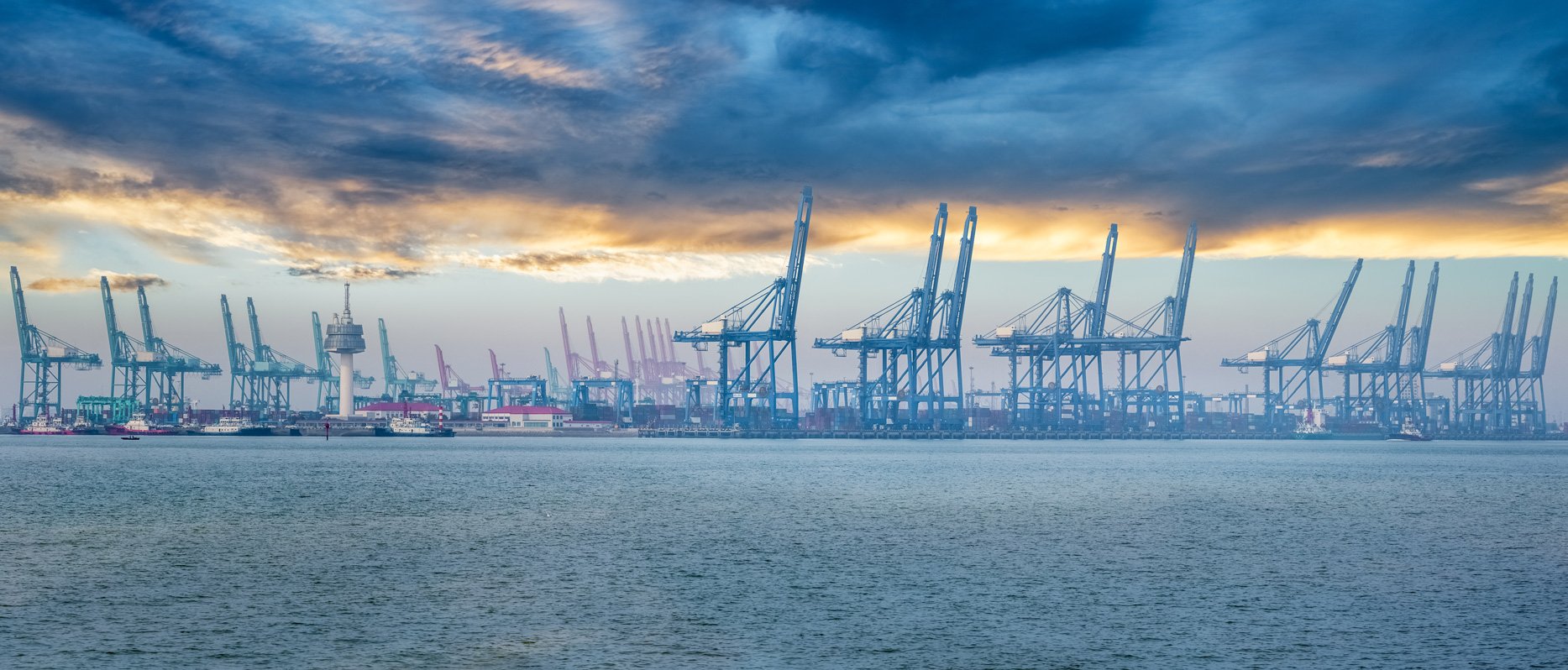
Traffic Mitigation Fee (TMF)

Home > Freight Glossary > Traffic Mitigation Fee
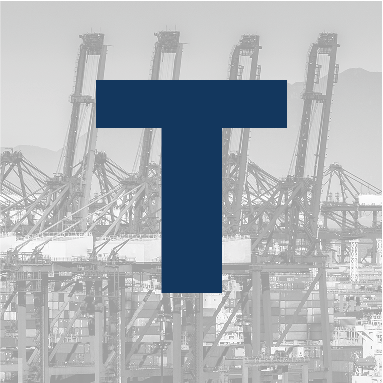
Trending
What is Traffic Mitigation Fee?
A Traffic Mitigation Fee (TMF) is a charge applied typically in the shipping and logistics industry, specifically at ports, to manage and reduce congestion. This fee is part of a broader strategy, often linked with programs like PierPass, aimed at smoothing out the flow of truck traffic entering and exiting port facilities, thus enhancing traffic safety and efficiency. The TMF is levied on cargo containers, and the funds collected are usually utilized to finance operational shifts or extended gate hours, which are critical in distributing truck arrivals more evenly over the day or week, thereby mitigating peak congestion times.
Incorporating a TMF encourages shippers and carriers to utilize off-peak hours, helping to alleviate the stress on port infrastructure and surrounding roadways during the busiest times. This not only contributes to improved traffic management but also enhances environmental sustainability by reducing idle times and associated emissions. The concept aligns with broader traffic mitigation efforts, aiming to streamline port operations and ensure the safety and efficiency of the transport logistics network.
While the TMF is an additional cost within the shipping process, its long-term benefits include more predictable scheduling, reduced turnaround times for trucks, and overall improved efficiency for port operations. By understanding and planning for these fees, shippers can optimize their logistics operations and contribute to more sustainable and efficient port communities.
Contact
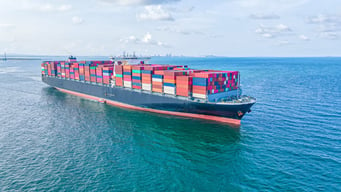
Ocean Freight

Road Freight

